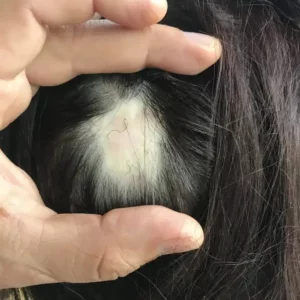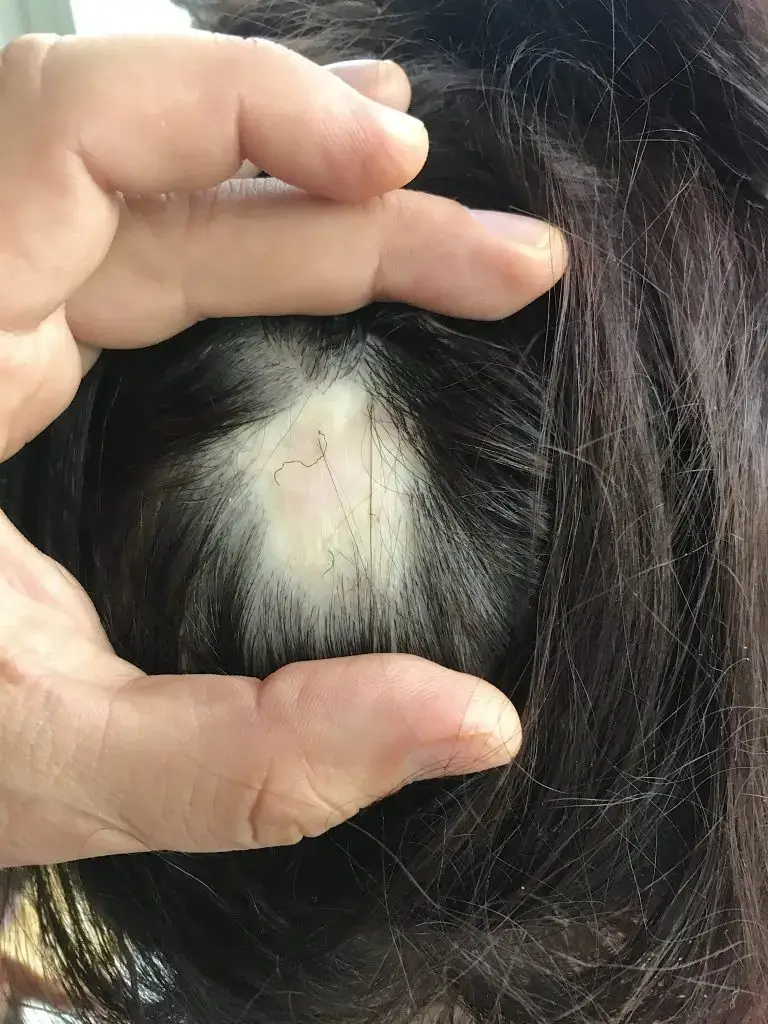
I have Alopecia Areata and I have heard that JAK inhibitors can help

Yes, JAK’s can treat Alopecia
lets see if you qualify

I completed my medical questionnaire

I processed a prescription for Xeljanz and our partner pharmacies will get it out to you

Telemedicine for
Alopecia Hair loss
Personalized Alopecia treatments at a price you can afford. Our online medical team can provide easy access to cutting-edge Alopecia treatment including prescriptions for:
- Xeljanz | Xeljanz XR
- Olumiant | Unamity
- Rinvoq
JAK inhibitors have shown clinically to improve folicle hair growth in Alopecia
There have been multiple clinical trials on JAK inhibitors for alopecia. Learn the science and see the clinical trials.
5 Minutes Online
Eliminate the Doctor's Office and the Pharmacy

Step 1
Start your online consultation by filling in a short medical questionnaire, create your account and pay for your online visit.

Step 2
Our partner doctors will review your application and prescribe your chosen medication. (If your prescription is not approved you will receive a full refund)

Step 3
Our partner pharmacy will ship your approved medications directly to your door. No hassle, no waiting in lines
Alopecia
Alopecia is an auto-immune disease that causes spot baldness, where hair is lost from areas of the body. There are three types - areata, areata totalis and areata universalis. In all forms, the hair follicles remain alive and are ready to resume normal hair production when they receive the appropriate signal. 2% of people will develop alopecia.
Xeljanz
Xeljanz has been used succesfully by thousands of patients to treat Alopecia.
Although not yet FDA-approved for Alopecia, Xeljanz can help people with Alopecia regain their hair and restore confidence. It can be prescribed off-label for hair loss loss.
Olumiant
Olumiant and Unamity have been clinically trialed for Alopecia and are available in 2mg and 4mg strengths
Don’t just take our word for it - here’s what satisfied customers say:





Active Ingredient
Tofacitinib
Tofacitinib
Bariticinib
Bariticinib
Upadacitinib

Available Dosage
5mg
56 tablets
11mg XR
28 tablets
2mg
14 tablets
4mg
14 tablets
15mg
28 tablets

When to Take It
2 x daily
Once Daily
Once Daily
Once Daily
Once Daily

Price
$465
$435
$265
$300
$890
Treating Alopecia
Drugs in the group known as JAK inhibitors show great results in clinical trials of Alopecia.
Tofacitinib (Xeljanz) is one of the most promising in this group.
Other typical alopecia treatments include intralesional corticosteroid injections, topical Minoxidil, other JAK inhibitors and topical corticosteroids.
Alopecia can be successfully treated with JAK inhibitors.
Why JAK inhibitors
Janus kinase (JAK) inhibitors are a type of medication that functions by inhibiting the activity of one or more of the Janus kinase family of enzymes, thereby interfering with the JAK-STAT signaling pathway. Typically it is used to treat inflammatory conditions, such as rheumatoid arthritis and psoriasis.
Who wants to go to the doctor?
We believe it’s time your health services caught up with every other service in your life. You bank, shop, and learn online – so why not visit your doctor and get your meds too?
You’re in the right place.
RXFOR.ME is here for when you have a problem that needs attention… and you just want the meds to fix it.

What Causes Alopecia
Alopecia areata is a common autoimmune hair loss disorder. It affects people of all age groups and ethnicities.
The disease is unpredictable and can initially present as small, well-defined patches of hair loss on the scalp, to complete loss of scalp and body hair.
While the causes of alopecia areata are not fully understood, it is believed to be the result of complex immune signals that change the hair growth cycle, resulting in hair loss
What Are JAK's
The JAK inhibitor is a newer type of medication that’s changing patients’ lives. It’s helping some patients with alopecia areata regrow their hair. Janus kinase (JAK) inhibitors work inside the body and it is thought to disrupt an immune signaling pathway involved in alopecia areata.
Taking JAK's
Before you use these medicines, tell your doctor if you:
- Are being treated for an infection, have an infection that won’t go away or keeps coming back, or think you have symptoms of an infection.
- Have TB or have been in close contact with someone with TB.
- Have had shingles (herpes zoster).
- Have had hepatitis B or C, cancer, or blood clots in the veins of your legs or lungs.
- Have had a heart attack, other heart problems or stroke.
- Have other medical conditions, including kidney or liver problems, low blood cell counts, diabetes, lung disease, HIV, or a weak immune system.
- Have any stomach-area pain or have been diagnosed with inflammation in the large intestine (diverticulitis) or ulcers in your stomach or intestines.
- Have recently received or plan to receive a vaccine. People taking JAKS should not receive live vaccines.
- Are pregnant or plan to become pregnant.
- Are breastfeeding or plan to breastfeed.
- Are taking other medicines, including prescription and over-the-counter medicines, vitamins, and herbal supplements. It is especially important to tell your doctor, if you take:
- a medicine called probenecid
- medicines that affect your immune system, such biologic medications, other JAK inhibitors, or strong immunosuppressants (such as azathioprine or cyclosporine) since these may increase your risk of infection.
How Can I Get Alopecia Medication Online
Ordering prescription drugs such as Xeljanz and Olumiant online is a simple 3-step process:
- Answer basic health questions as part of an online doctor visit.
- A partner doctor reviews your information, and if appropriate, approves your prescription.
- Your medication will be shipped to your door.
Which Alopecia Prescriptions Are Available Via Rxfor.me?
Rxfor.me offers the following prescription medications: Xeljanz, Olumiant/Unamity, and Rinvoq.
Can a Doctor Diagnose Alopecia Online?
Yes, a doctor will review your responses to the Alopecia questionnaire and, based on the information you provide and any follow-up questions, will determine if you are an ideal candidate for the treatments we offer. When appropriate, the doctor will provide you with a prescription, and advise about a suitable treatment plan and dosage.
What Kind of Things Do I Need to Tell the Doctor When Asking for a Prescription for Alopecia Medications?
Generally, the intake requires details about your medical history, other medicines you’re taking, and general health information.
While Xeljanz can be effective for these conditions, it is essential to be aware of potential side effects. Common side effects of Xeljanz may include:
- Upper respiratory tract infections
- Headaches
- High blood pressure
- Increased liver enzyme levels
- Nausea
- Diarrhea
- Elevated cholesterol levels
Serious side effects are less common but can include:
- Increased risk of serious infections, including tuberculosis
- Blood clots
- Gastrointestinal perforations
- Elevated liver enzymes
- Changes in blood cell counts
- Risk of certain cancers, particularly lymphoma
The safety and side effects of Xeljanz can vary depending on the specific condition being treated and individual patient factors. It is crucial for individuals considering or using Xeljanz to have a thorough discussion with their healthcare provider. Patients should be closely monitored for potential side effects, and the benefits and risks of the medication should be carefully weighed.
What Do I Need to Know Before Taking Medications for Alopecia?
Warnings Before Taking Xeljanz:
Infections: Xeljanz may increase the risk of serious infections, including tuberculosis (TB), bacterial, fungal, and viral infections. Prior to starting Xeljanz, patients should be screened for TB, and ongoing monitoring for signs of infection is essential during treatment.
Malignancies: There have been reports of an increased risk of certain cancers, including lymphoma, with the use of Xeljanz. Patients with a history of cancer or those at higher risk may require careful evaluation of the benefits and risks of treatment.
Blood Clots: Xeljanz has been associated with an increased risk of blood clots in the lungs and deep veins, which can be life-threatening. Patients with a history of blood clots or risk factors for clotting disorders should discuss this with their healthcare provider.
Gastrointestinal Perforations: Rare cases of gastrointestinal perforations have been reported with Xeljanz. Patients with a history of diverticulitis or other gastrointestinal conditions should exercise caution and report any abdominal symptoms promptly.
Liver Function: Xeljanz can lead to elevated liver enzyme levels. Liver function should be monitored regularly, and patients with liver disease should be closely observed.
Blood Cell Counts: Xeljanz can affect blood cell counts, including lowering the number of white blood cells, which are essential for fighting infections. Regular blood tests may be necessary during treatment.
Vaccinations: Live vaccines should not be administered while taking Xeljanz due to the risk of infection. Consult with your healthcare provider regarding recommended vaccinations before starting treatment.
Pregnancy and Breastfeeding: Xeljanz may have potential risks during pregnancy, and it can pass into breast milk. Discuss pregnancy planning and breastfeeding considerations with your healthcare provider.
Interactions: Inform your healthcare provider of all medications, supplements, and herbal products you are taking, as Xeljanz may interact with other drugs.
These warnings and precautions highlight the importance of close medical supervision and informed decision-making when considering Xeljanz as a treatment option. Before starting Xeljanz or any medication, individuals should have a thorough discussion with their healthcare provider to assess the potential benefits and risks based on their specific medical history and condition. Regular monitoring and open communication with a healthcare professional are key to safe and effective use.
Have JAK inhibitors Been Trialed for Alopecia
Yes, Janus kinase (JAK) inhibitors have been investigated in clinical trials for the treatment of alopecia areata, an autoimmune hair loss condition. JAK inhibitors are a class of medications that target the immune system’s inflammatory response, which plays a role in alopecia areata’s development.
Several JAK inhibitors have been studied in clinical trials for alopecia areata, including:
Tofacitinib (Xeljanz): Tofacitinib is a JAK inhibitor that has shown promise in clinical trials for alopecia areata. Research has indicated that it can stimulate hair regrowth in some individuals with this condition.
Ruxolitinib (Jakafi): Ruxolitinib is another JAK inhibitor that has been studied in the context of alopecia areata. Clinical trials have explored its efficacy in promoting hair regrowth.
Baricitinib (Olumiant): Baricitinib, like the other JAK inhibitors, has been evaluated in clinical trials for alopecia areata, particularly in individuals with moderate to severe forms of the condition.
The results of these clinical trials have shown varying degrees of success, with some patients experiencing significant hair regrowth while others may not respond as effectively. The use of JAK inhibitors for alopecia areata is still an area of ongoing research and development, and the long-term safety and efficacy of these medications for this condition continue to be studied.
If you or someone you know is interested in exploring JAK inhibitors or other treatments for alopecia areata, it’s essential to consult with a dermatologist or healthcare provider who specializes in hair disorders. They can provide guidance on the most appropriate treatment options based on individual circumstances and the latest research findings.

Save time

Save money

Regrow your hair NOW
Upgrade Your Life
*Prescription acquired on approval through an online visit with a US-licensed doctor.
